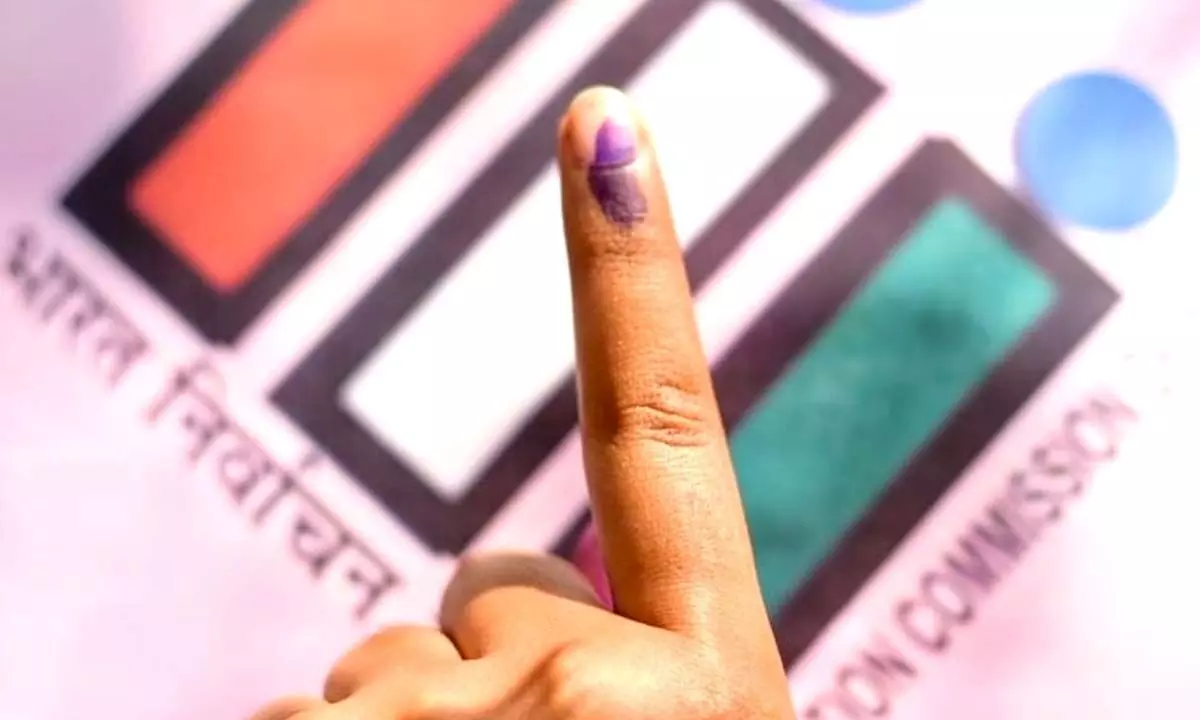2024 Lok Sabha Election Results: Analysis And Implications

- Delve into the aftermath of the 2024 Lok Sabha elections, where the BJP emerges as the largest party but faces a stronger Opposition.
- Explore the impact of coalition politics, social media, and key battlegrounds like Uttar Pradesh, along with the electoral strategies and promises that shaped the outcome.
The 2024 Lok Sabha election results are in, revealing the BJP as the largest party, though the Opposition INDIA bloc secured 232 seats, 42 short of the majority mark. The BJP-led National Democratic Alliance (NDA) crossed the majority threshold with 293 seats, showcasing a stronger Opposition compared to previous years.
The electorate's decisive stance is evident, reflecting a rejection of feudal politics and a desire for a robust opposition. Despite this, Narendra Modi secured a historic third term as Prime Minister, a feat unprecedented in 60 years.
The election outcome underscores the resurgence of coalition politics, with figures like Nitish Kumar and Chandrababu Naidu emerging as influential kingmakers. Notably, the BJP, which won 282 and 303 seats in 2014 and 2019 respectively, fell short of a majority this time, highlighting the significance of coalition dynamics.
Social media played a pivotal role, with voters engaging with political content online, influencing their voting preferences. The BJP faced setbacks in Uttar Pradesh, particularly in constituencies like Faizabad, signaling a shift in voter sentiment away from "kamandal politics".
The BJP's ambitious goals and controversial stances, including its stance on reservations for Muslims, contributed to its electoral challenges. Meanwhile, the INDIA coalition, leveraging figures like Rahul Gandhi and Akhilesh Yadav, made significant gains among Muslim, Yadav, and Dalit communities.
Uttar Pradesh saw a decline in BJP MPs, reflecting dissatisfaction among voters. However, strategic ticket distribution in Delhi ensured a clean sweep for the BJP. Rahul Gandhi's promise of a quick transfer of funds to women's bank accounts resonated with voters, particularly in Congress-held or historically significant states like Telangana, Karnataka, and Rajasthan.














